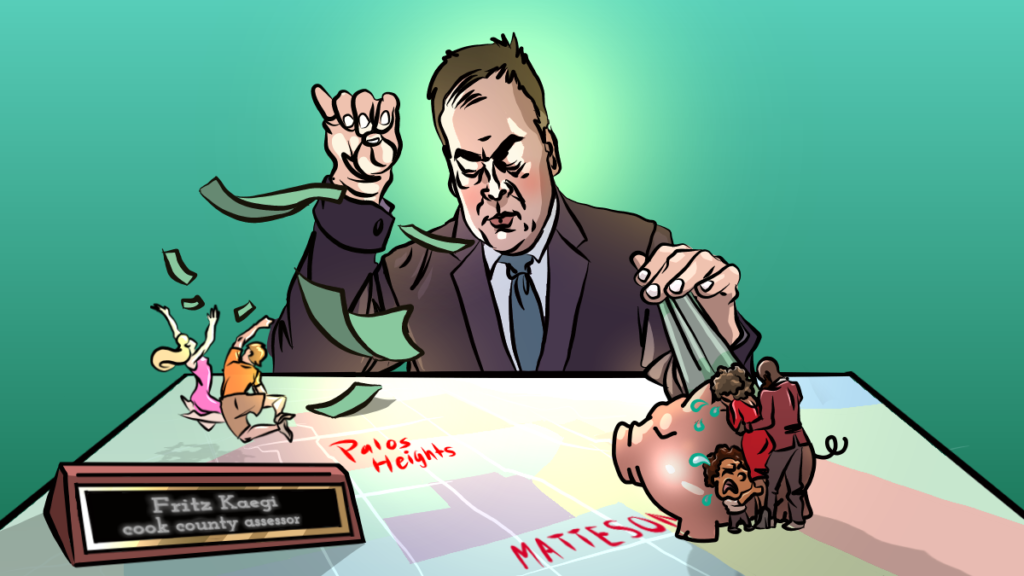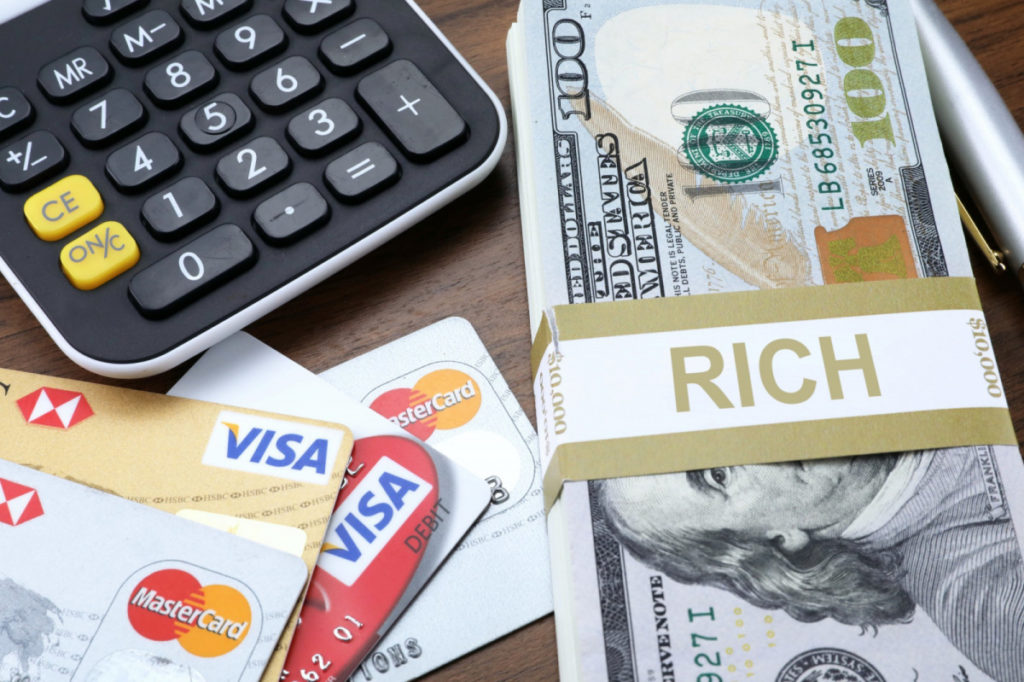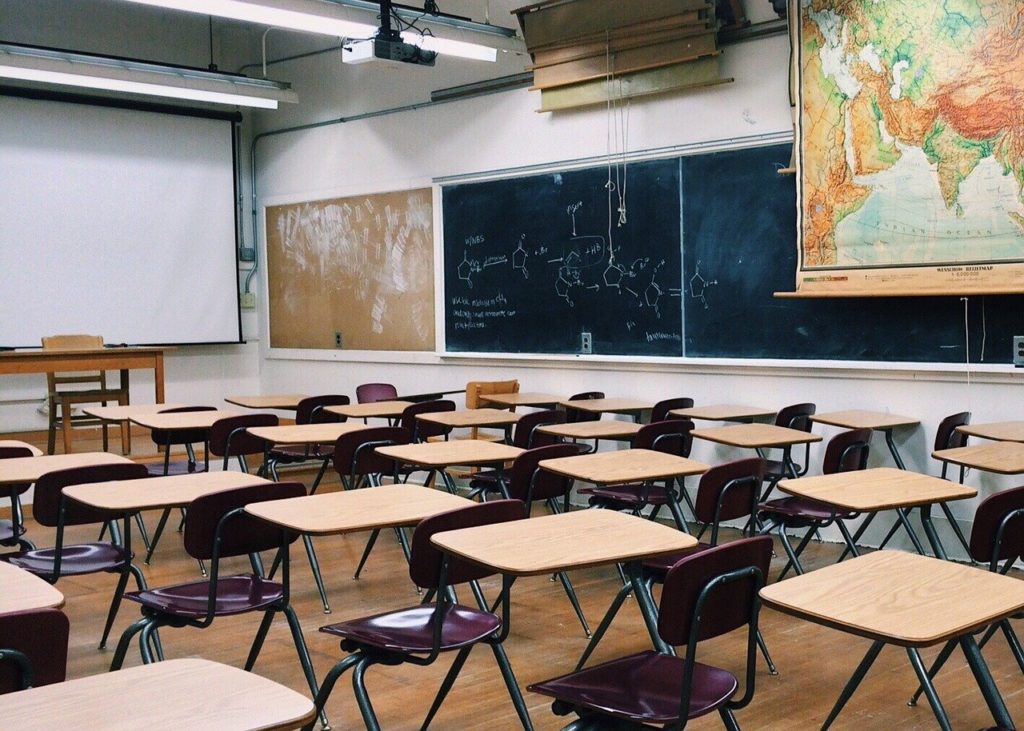Black communities hardest hit by recent Cook County property tax increases

![]()
Black communities hardest hit by recent Cook County property tax increases – A recent report released by the Cook County Treasurer’s office details the property tax changes in 2020. Many Chicago suburbs are known for their exorbitant property tax bills. According to smartasset.com, in south suburban Matteson, with a Black population of over 80%, properties are taxed at a rate of 3.6%, while Palos Hills, a suburb with an over 87% white population, has a property tax rate of 2.38%.
Download the Analysis: https://www.cookcountytreasurer.com/pdfs/taxyear2020taxbillanalysis/taxyear2020analysis.pdf
Download the Statistics: https://www.cookcountytreasurer.com/pdfs/taxyear2020taxbillanalysis/taxyear2020statistics.pdf
The full text of the press release by the Cook County Treasurer’s office:
Businesses in Cook County and Black and Latino suburban property owners are bearing the brunt of 2020’s property tax increases, according to a first-of-its-kind analysis of nearly 1.8 million bills by Treasurer Maria Pappas’ office.
The county will collect more than $16.1 billion in property taxes this year. That’s an increase of $534 million, or more than 3.4%, from last year. Second Installment bills were posted online August 12 and will be mailed to taxpayers later this month.
The analysis, along with more than 100 pages of detailed tables on suburbs, townships and Chicago, is available at cookcountytreasurer.com.
Key findings include:
- Commercial and industrial property owners in Cook County – in its suburbs and in Chicago – are carrying a heavier share of the increased tax burden. Businesses are being billed more than $7 billion, an increase of $410 million, or 6.2%. Homeowners are being billed $8.9 billion, an increase of $114 million, or 1.3%.
- Property tax increases are hitting majority Black and Latino communities – both their homeowners and businesses – the hardest. These communities make up six of the top 10 areas with the largest tax increases for homeowners and seven of the top 10 increase for commercial properties.
- In the south suburbs, where taxes are already greater than in other parts of Cook County, some property owners are paying three to five times as much in taxes as the owner of an equally valued property in Chicago.
“Our research shows that inequities in the property tax system persist, particularly for businesses and Black and Latino property owners, and especially in the south suburbs. The 2020 property tax increases are exacerbating financial stresses in these communities and thwarting economic progress and generational wealth-building,” Pappas said.
Not all property owners will see their bills increase because a number of factors determine property taxes. For 2020, several items affected the tax bills:
- As scheduled, the Cook County Assessor’s Office last year revalued all properties in the suburbs south of North Avenue.
- The Assessor’s Office lowered the assessed values of many properties elsewhere in Cook County, citing the economic effects of the COVID-19 pandemic. The value of all residential properties was reduced by about 10%. Not all commercial properties received COVID reductions.
- Elected leaders in several suburbs increased the overall amount taxed, meaning property owners in those communities will see much higher bills.
The analysis found commercial and industrial property owners generally will see bigger increases in their bills than homeowners, as the overall tax burden continues to shift to them. The higher taxes come as many businesses continue to struggle with a loss of revenue as a result of the COVID-19 pandemic.
In 2020, business properties in the south and southwest suburbs took on another 1.5% of the tax burden, compared with a 1.1% shift from residential to commercial in the north and northwest suburbs and a 1.3% shift from residential to commercial in Chicago. The shift in the tax burden in the south and southwest suburbs is striking, particularly for commercial property owners:
- In Rich Township, which includes all or portions of Matteson, Olympia Fields, Flossmoor and Richton Park, the median business property tax bill rose by $3,895, or 13%, to $33,075. The median bill for homeowners declined by $114, or 2%, to $5,518.
- In Bloom Township, which includes all or part of Glenwood, Chicago Heights, South Chicago Heights, Lansing, Lynwood, Ford Heights and Sauk Village, the median 2020 tax bill for commercial and industrial properties is $12,563, an increase of $1,459, or 13%, from a year earlier. The median residential bill declined by $117, or 3%, to $3,321.
- In Calumet Township, which includes all or portions of Blue Island, Calumet Park and Riverdale, the median business property tax bill rose by $1,712, or 17%, to $11,508. The median bill for homeowners declined by $380, or 13%, to $2,652.
The 18 highest Cook County tax rates, which are multiplied by a property’s assessed value to determine how much a property owner pays, are in the south suburbs. Park Forest tops the list, with tax rates almost five times as high as Chicago, followed by Phoenix, Riverdale, Harvey, Markham, Ford Heights, Calumet City, Country Club Hills and Hazel Crest — all of which have tax rates that are three or more times higher than Chicago.
In the western suburbs, property owners are not immune to higher bills because tax levies rose and properties were reassessed. As a result, homeowners in suburbs including Bellwood, Maywood, Hillside, Cicero and Berwyn will see significantly higher 2020 bills.
In the north and northwest suburbs, the median residential tax bill this year is $6,015, a decrease of $26, or 0.4%. The median commercial tax bill is $27,651, an increase of $2,026 or 7.9%. More than 80% of business property owners, and about half of homeowners, received higher bills than they did last year.
In Chicago, tax bills vary widely from ward to ward. About 84% of business property owners, compared with half of homeowners, are being billed more than last year. The median residential tax bill is $3,341, down by $1.63, or .05%. The median commercial tax bill is $9,659, an increase of $761, or 8.6%.
Black communities hardest hit by recent Cook County property tax increases








Responses